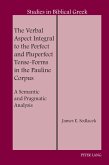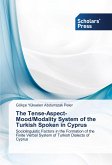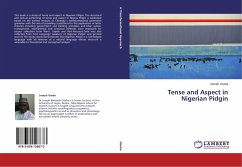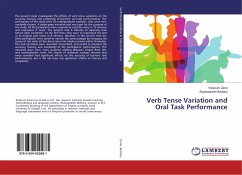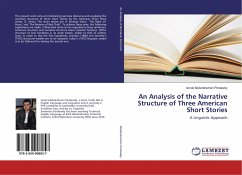High Quality Content by WIKIPEDIA articles! The pluperfect tense, also called past perfect in English, is a perfect tense that exists in most Indo-European languages, used to refer to an event that has been completed before another past action. In the sentence "A man who for years had thought he had reached the absolute limit of all possible suffering now found that suffering had no limits, and that he could suffer still more, and more intensely." (from Victor Frankls' Man's Search for Meaning), "had thought" and "had reached" were examples of the pluperfect tense. It refers to an event (a man thinks he is reaching his limit), which takes place before another event (the man thinks his ). Because that second event (the blind man's taking notice) is itself a past event and the past tense is used to refer to it ("a man reached"), the pluperfect is needed to make it clear that the first event (someone reaches) has taken place even earlier in the past.
Bitte wählen Sie Ihr Anliegen aus.
Rechnungen
Retourenschein anfordern
Bestellstatus
Storno


